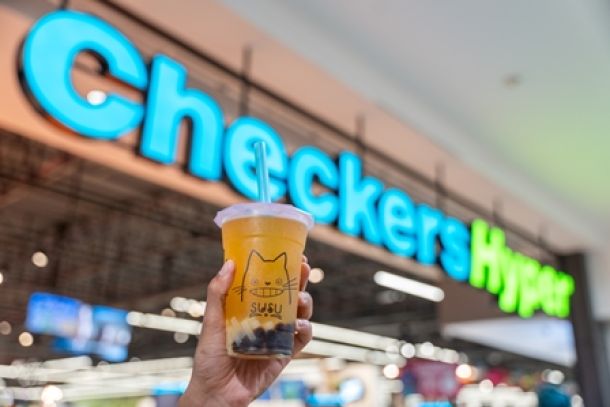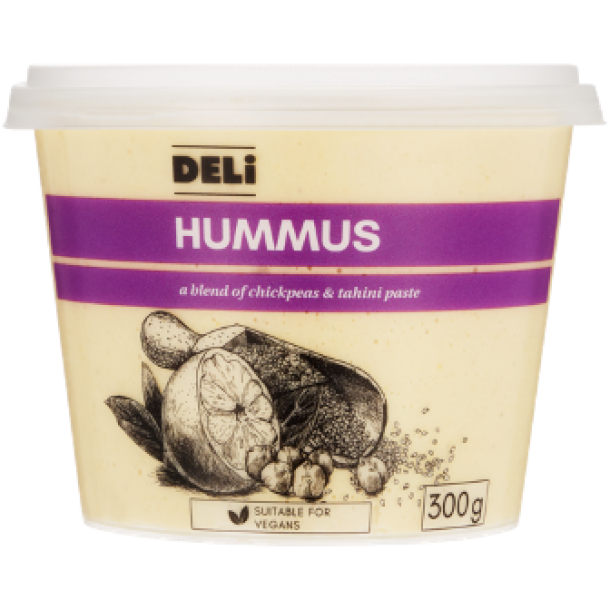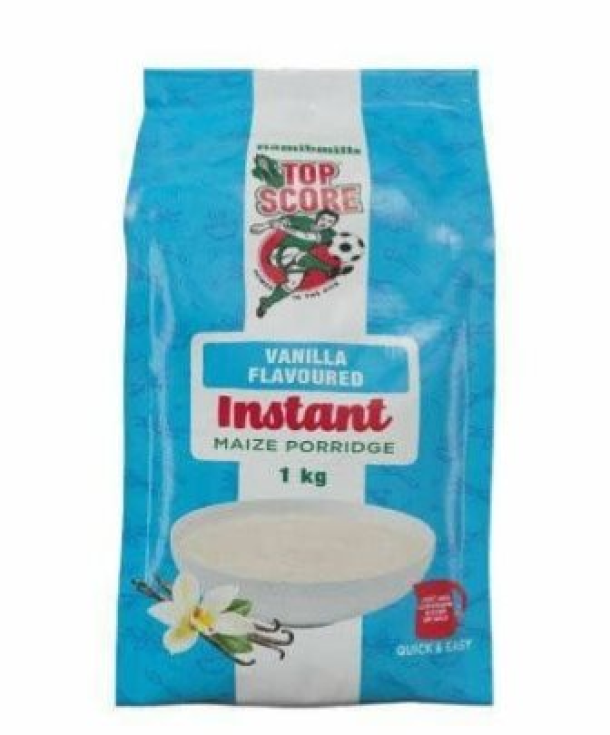
Inaccurate fine print on packaging can spell trouble for food producers
By Bernadette Versfeld, Partner), Kenan Petersen, Associate & Bernadette Lötter, Senior Associate from Webber Wentzel
Recent regulatory developments have tended to regulate food packaging more strictly, following international trends to hold producers, advertisers and retailers responsible for claims that entice consumers to purchase a product.
In a complaint against Lactalis South Africa (Pty) Ltd, the producer and promoter of the popular yoghurt brand PARMALAT, the Advertising Regulatory Board (ARB) considered whether the labelling of the Parmalat Fruit Cocktail Low Fat Yoghurt made deceptive and misleading claims. On the front label of a 175g tub of yoghurt, it was stated to be yoghurt "with fruit pieces". The label on the back read "mixed fruit (6%)". The complainant diluted his yoghurt with water and found less than half a teaspoon of fruit pieces.
The Code of Advertising Practice (the Code) requires that adverts "should not contain any statement or visual presentation, which directly or by omission, ambiguity or exaggerated claim, is likely to mislead the consumer about the advertised product".
Parmalat insisted that the product did contain 6% fruit "content". It said the softer fruit pieces were typically broken down during the production process, so the fruit content was comprised partially of fruit puree rather than "fruit pieces".
The complainant said that the packaging, considered holistically, gave the "impression that if you are a consumer wanting pieces of fruit in your yoghurt, this is the product you should choose". The ARB found that the insignificant number of fruit pieces in the product was inconsistent with this impression and the packaging was misleading. Parmalat was given three months to amend its packaging and to stop disseminating the offending packaging within three months. A subsequent period to sell the product already on shelves was allowed.
Technicalities in the "fine print" cannot save advertisers from liability. What is important in this case is how the consumer perceived the product. Packaging can be misleading, even if it is technically accurate. Although the yoghurt might have contained 6% "mixed fruit", it was not "pieces" of fruit, as the front of the tub suggested, and the packaging contravened the Code as a result.
The ARB's ruling is consistent with international trends. For example, in January 2022, the UK Advertising Standards Authority banned adverts by Oatly, the Swedish oat milk company, after it was found to have overstated claims about its environmental impact.
This pro-consumer approach is also found in the draft Regulations Relating to the Labelling and Advertising of Foodstuffs (R3337) (the Regulations) published for public comment by the Department of Health in April 2023. Section 5(a)(iii) of the draft regulation requires that consumers are not misled or confused through labelling. It provides that:
“there must appear on the label, either in conjunction with, or in close proximity to the name of the foodstuff, such additional words, or phrases as are necessary to avoid misleading or confusing the consumer in regard to the true nature and physical condition of the foodstuffs, including but not limited to the condition or type of treatment it has undergone such as dried, concentrated, reconstituted, or smoked.”
In future, advertisements, which include packaging, must be assessed through the lens of the consumer and what the consumer's perception of the advertisement may be.
News Category
- International retailers
- On the move
- Awards and achievements
- Legislation
- Wine and liquor
- Africa
- Going green
- Supplier news
- Research tools
- Retailer trading results
- Supply chain
- Innovation and technology
- Economic factors
- Crime and security
- Store Openings
- Marketing and Promotions
- Social Responsibility
- Brand Press Office
Related Articles

Eskort is celebrating 107 years

UK poultry industry as exports to South Africa ...

Playful bubble tea shops launch in selected Che...

Consumer Commission launches investigation into...


